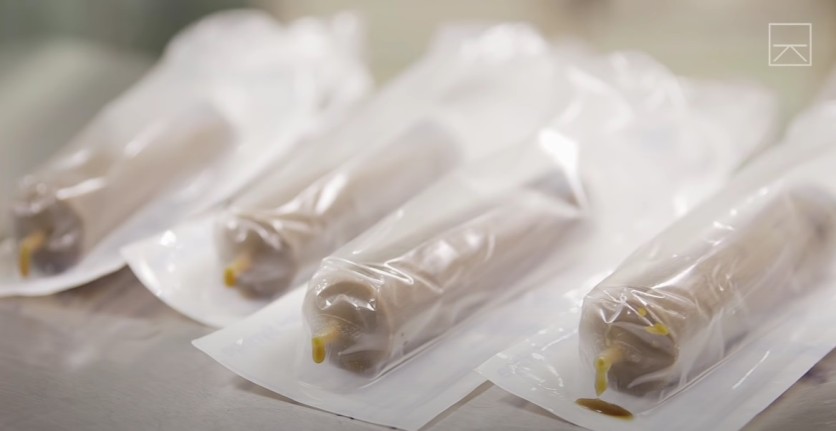
Would you believe that your body waste can be a means of cancer treatment? Some of you are still doubting how feces can turn beneficial and used as a component in the feces transplant for cancer patients. How a poop, with its disgusting appearance, can become a transformational subject of modern therapy?
The Power of Poop
In the medical field, cancer patients undergo fecal transplants to maximize the effects of immunotherapy which intends to strengthen the immune system against cancer cells.
In a report by Yahoo News, the drugs used in immunotherapy give different responses to every cancer patient. As per recent estimates, only 40% of skin cancer patients, specifically those who have advanced melanoma, gain advantages from the drugs. In the varying case where scientists compared the patients who respond to the therapy and patients who do not respond, they concluded that it's the microorganisms in the guts that make a difference.
The findings were based on the research study published in the journal Science on February 4, where it was revealed that the right gut bugs are linked to the improved response of the patient. This further aids to prevent the disease from progressing and the tumors to gradually shrink.
The collection of the stool from the patients suffering from melanoma was done by the scientists to make sure if they respond to immunotherapy. Next, the fecal transplant took place into the patients' guts. Out of 15 respondents, six have responded to the therapy, which indicates that their tumor has become smaller for over a year.
Read Also : Early Air Pollution Exposure Linked to Cognitive Skill Decline Later? Here's What the Researchers Say
For Dr. Hassane Zarour, a medicine professor at the University of Pittsburgh, the microbes have an effect on the immunotherapy trend of the patients based on their observation. Moreover, their team noticed the changes in tumor growth and the patients' immune system caused by the changes in gut bugs. One example of it is the development of antibodies in the patients' blood and the increased body immunity of the patient.
However, Zarour would like to point out that the positive changes should not denote that immunotherapy will be a help to everyone. For instance, he explained that nine patients out of 15 did not receive the benefit after the treatment. This paved the way for the researchers to expand their study to examine those who improved after the poop transplant and those who did not absorb the benefit.
It's also noteworthy to remember that the study found out that the patients' bodies recognized the new gut bugs in their bodies. The antibodies, meanwhile, stayed in their blood.
In general, "the gut microbiome may be just one of the many reasons we don't respond to a specific treatment, so fecal transplants wouldn't be expected to work for everyone," Zaroud ended.
The Risks of the Fecal Transplant
In a report by CBC News: The National in 2019, FDA had warned people that some potential risks might happen if the donor stool is not properly screened for the transplant. While it is natural and believed to be safe by the experts, they issued a warning that one patient had died due to the improper way of fecal transplant.
A doctor in the video said that if the transplant did not yield any benefit to the patient, it would still be harmful and even deadly. To address the problem, several clinical trials should still be done.
This article is owned by Tech Times.
Written by Joen Coronel
ⓒ 2025 TECHTIMES.com All rights reserved. Do not reproduce without permission.




